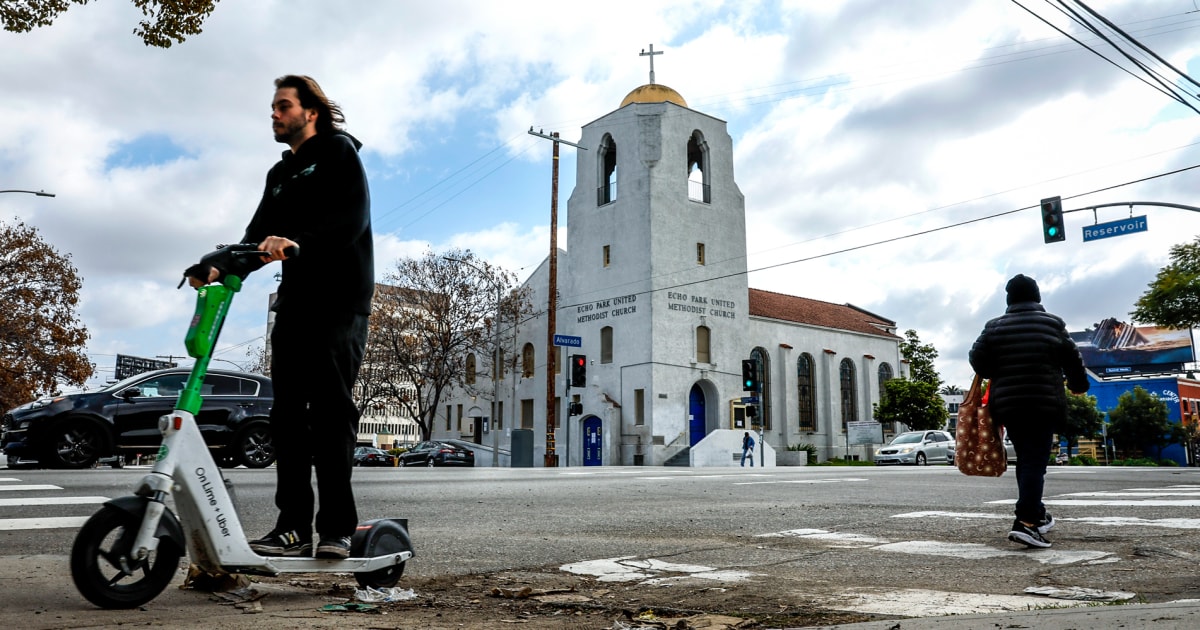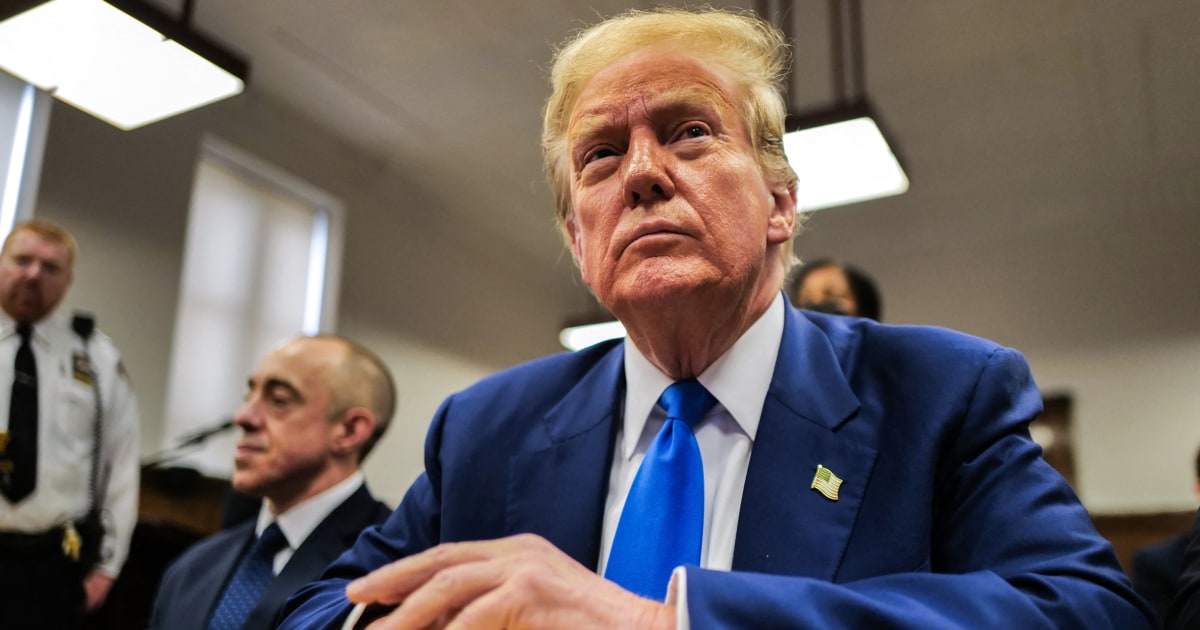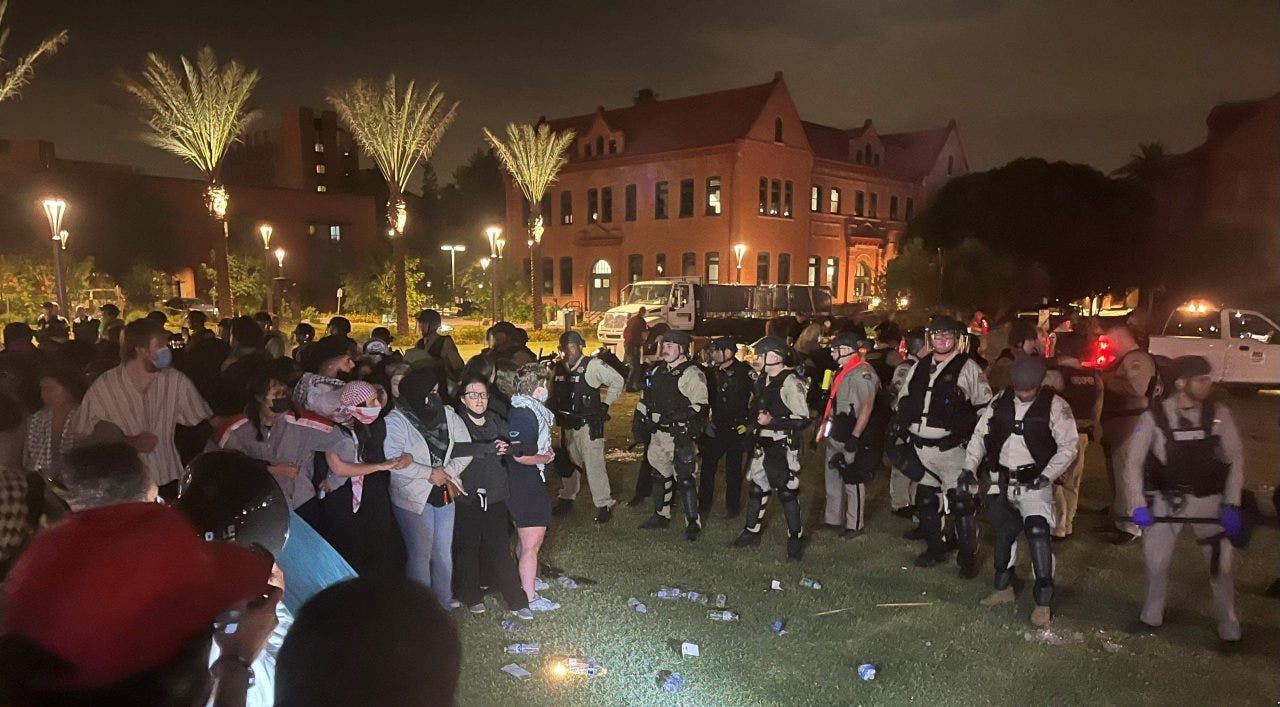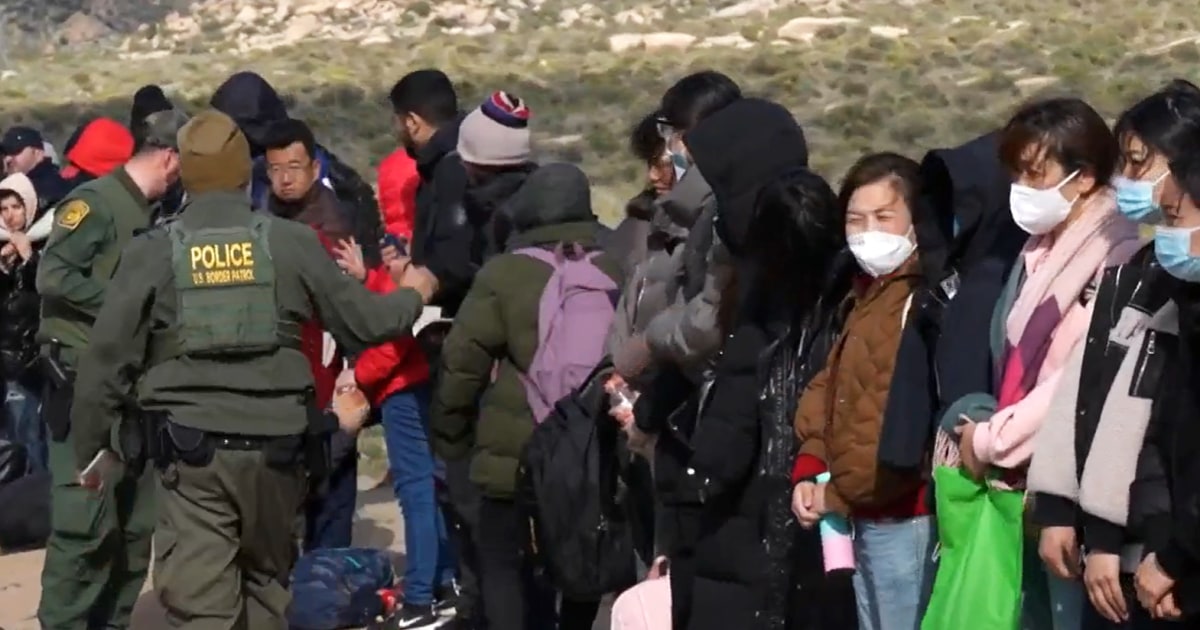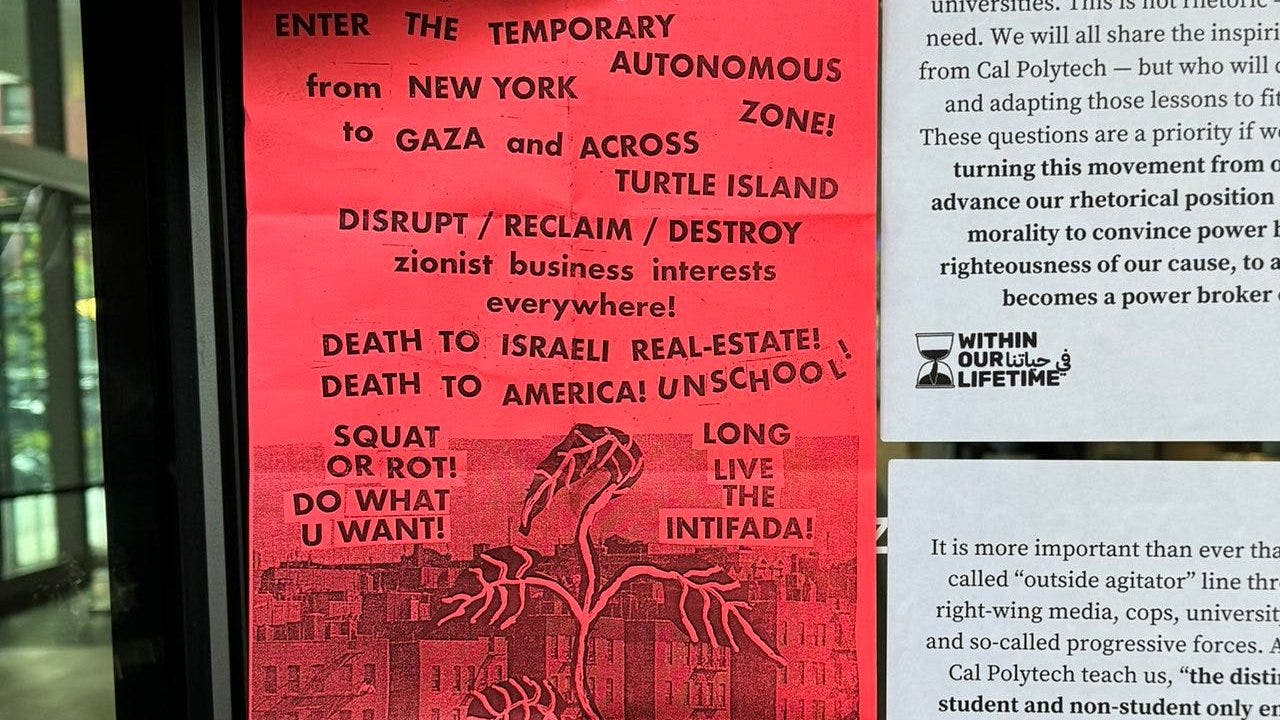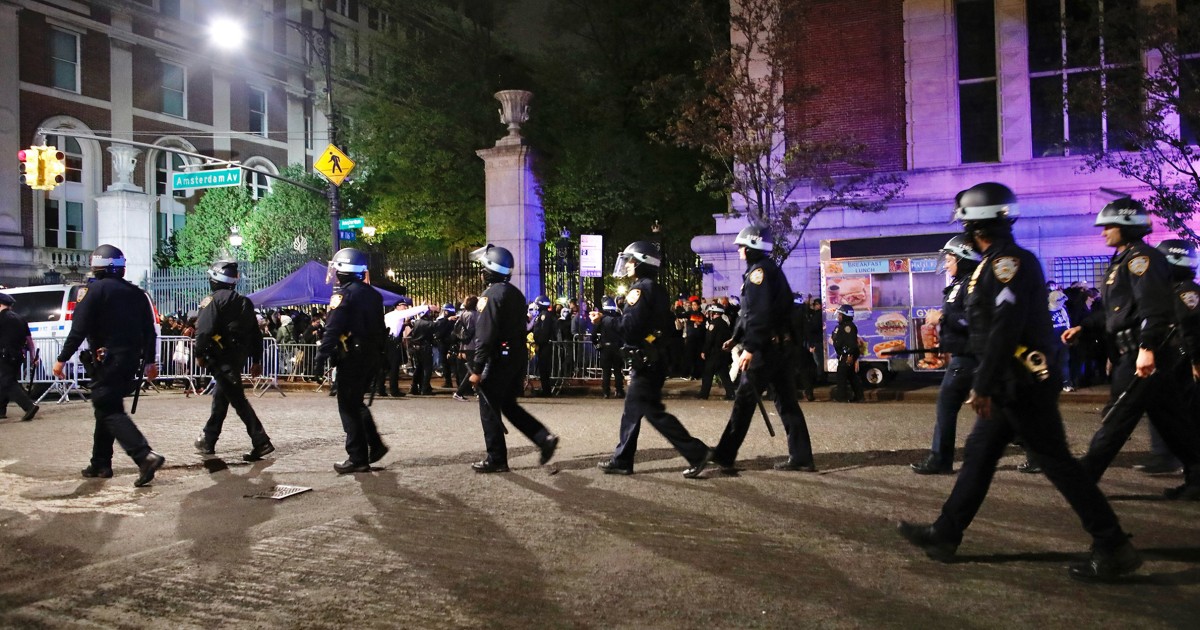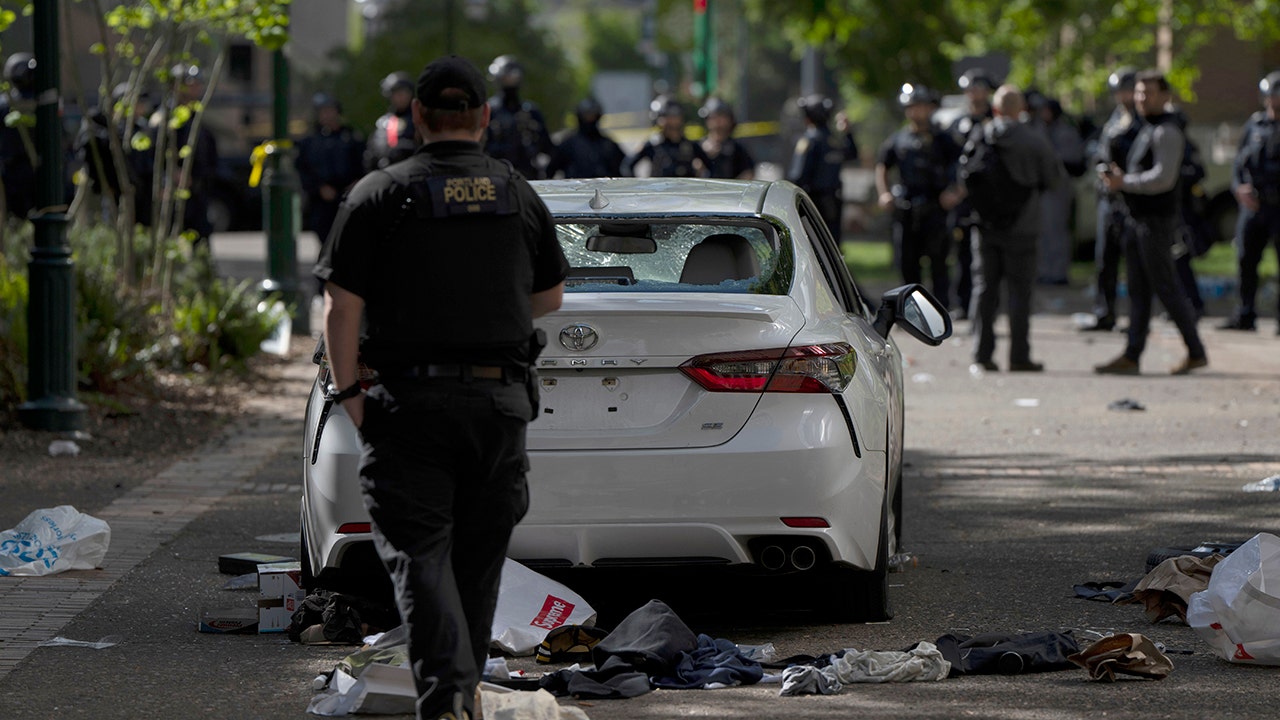CHARLOTTE, N.C. — Leaders of the United Methodist Church are holding their first international conference in nearly a decade this week, tackling such divisive issues as gay marriage, ordaining LGBTQ pastors and a dwindling membership.
Many congregations have fled church over the more liberal direction the once-conservative institution has taken in recent years on LGBTQ issues. Today, the membership is deeply divided and more congregations are threatening to leave.
During the conference, leaders will vote on repealing the church’s bans on same-sex marriage, ordaining LGBTQ clergy and will decide on whether to give further autonomy to congregations abroad that hold more conservatives views.
The summit, which usually gathers every four years but was disrupted by the pandemic, will be a reflection of where the church stands today as it confronts these polarizing social and political movements.
More than 7,600 congregations, or about 25%, have broken off from the larger church in the past several years over disputes regarding LGBTQ rights and inclusivity, such as same sex marriage and ordaining gay pastors.
The United Methodist Church is the nation’s largest Protestant denomination with about 5.4 million members in the U.S. and 4.6 million outside the country.
The loss of revenue from the seceding churches shrunk UMC’s proposed budget from $604 million in 2016 to $347 million this year, prompting church leaders to reduce pastors’ salaries.
Kimberly Scott, lead pastor of Grace United Methodist Church in Long Beach, California, and a queer Black woman who descends from a family who stayed with the church in the South even when it refused to denounce slavery, sees the moment as an opportunity to secure more rights for LGBTQ people.
“I knew that I was not going to leave the church just simply because of my sexual orientation. But what I do know is, as a Methodist, I was raised to believe that we all have a place at the table,” she said. “Now, if you want to deny me my place at the table, then it begins to be problematic. We’ve got to let our spirit of the church move on.”
In 2020, the church proposed splitting into different entities to resolve long-standing disagreements over same-sex marriage and installing gay clergy.
JJ Warren, a prominent LGBTQ activist, author and UMC member, favored the split.
“It gives us an opportunity to say: Go off and you can practice how you need to practice and we can practice how we need to practice,” he told NBC News at the time.
Glen Haworth, lead pastor of the Fount church in Fountain Valley, California, said the fragmented church is reminiscent of the period prior to the Civil War when the country and church were split on slavery.
“It certainly is reflective of the cultural splits and the polarization in our culture, between liberal and conservative,” he said. “And it certainly is an ominous memory to harken back to the Civil War years.”
Haworth, who wants his church to disaffiliate from the denomination — because of “biblical interpretation” and “authority of the Bible” — and join the conservative Global Methodist Church, said it would cost too much to leave right now.
He said the United Methodist Church is asking the Fount for $3 million, a fee based on his church’s property value; two years of “connectional giving,” which the church describes as people pooling their resources to support specific funds or projects; and contributing an unspecified amount to an unfunded pension liability.
“There is no way that we could come up with that kind of money. So we’re stuck in the denomination at this point,” Haworth said.
During the two-week conference, leaders will also determine policy abroad. Many UMC churches are in Africa and Asia, and some of them want to disaffiliate because they believe the religion in the U.S. is no longer conservative enough.
Church leaders may also vote on regionalization, which would give congregations in different regions of the world the potential to govern themselves rather than follow the same rules globally.
Haworth said he hopes conference delegates will make it financially easier to exit UMC.
“I just hope that this general conference will pass legislation that enables [churches] to disaffiliate and enables those of us in the United States who were blocked from disaffiliation because of egregious costs,” he said.



